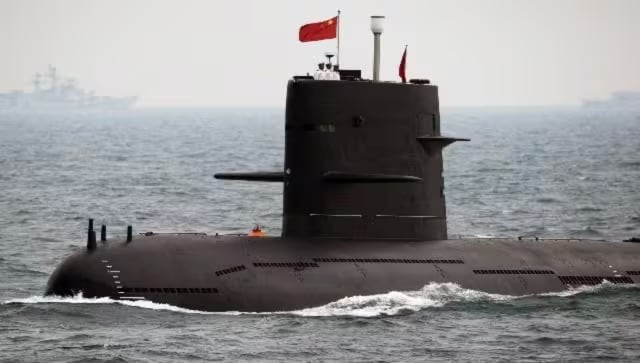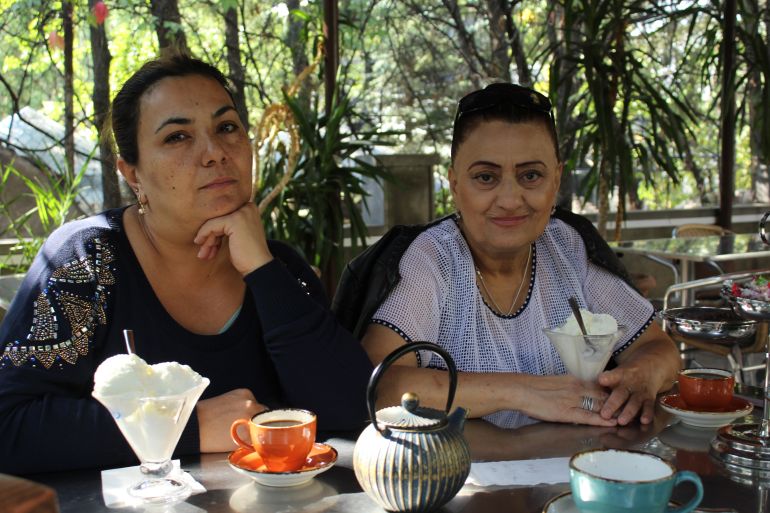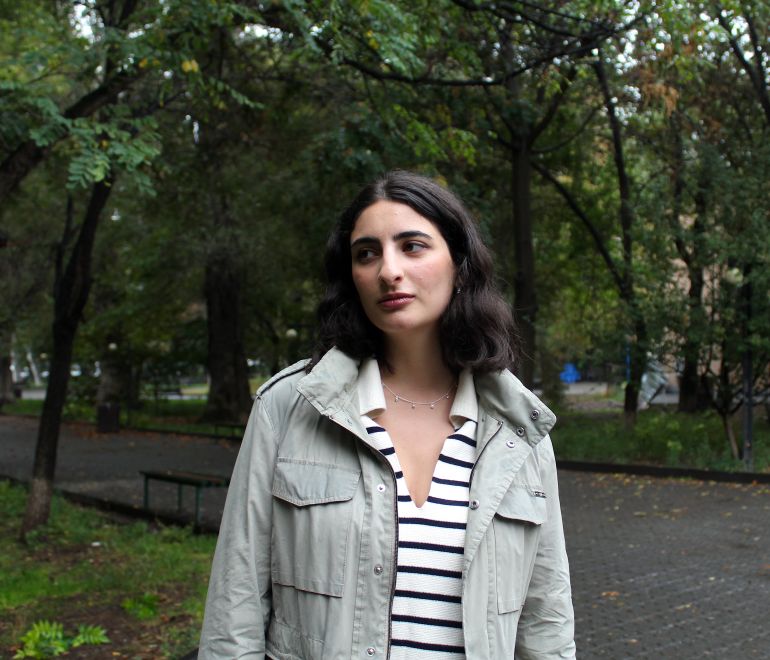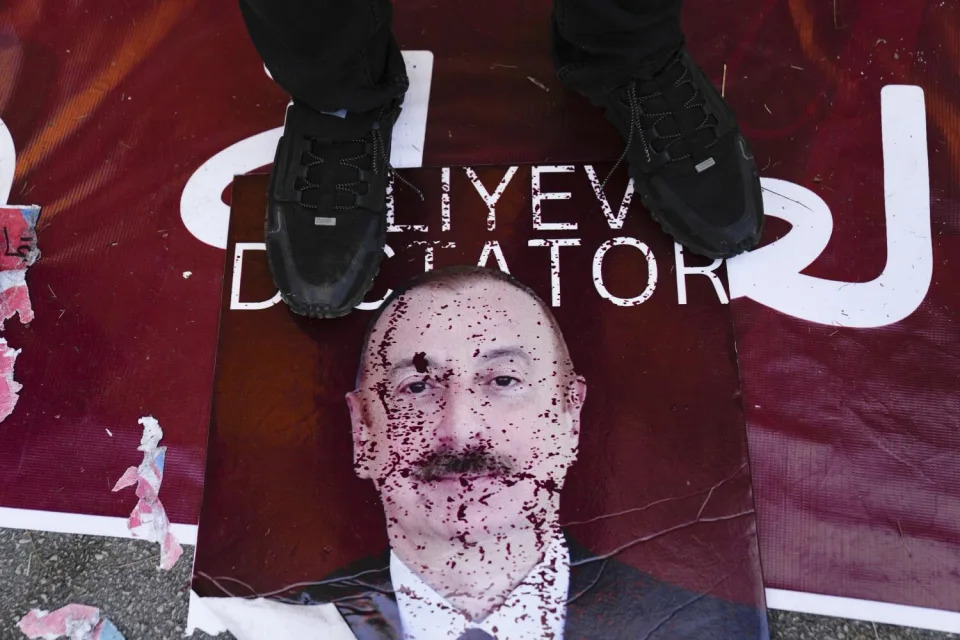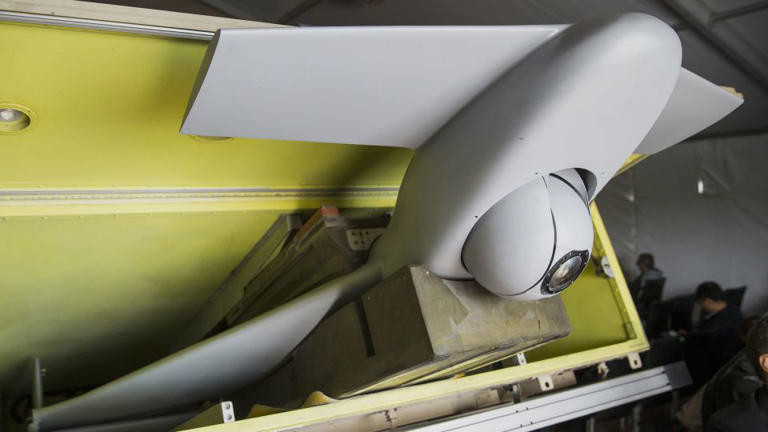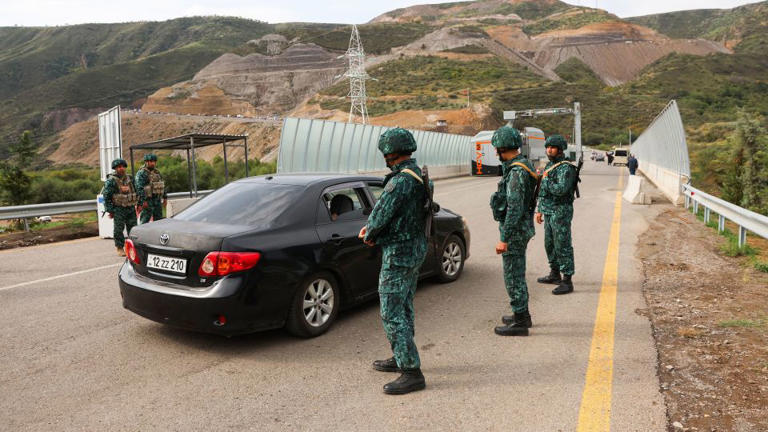CBC
Sat, October 7, 2023
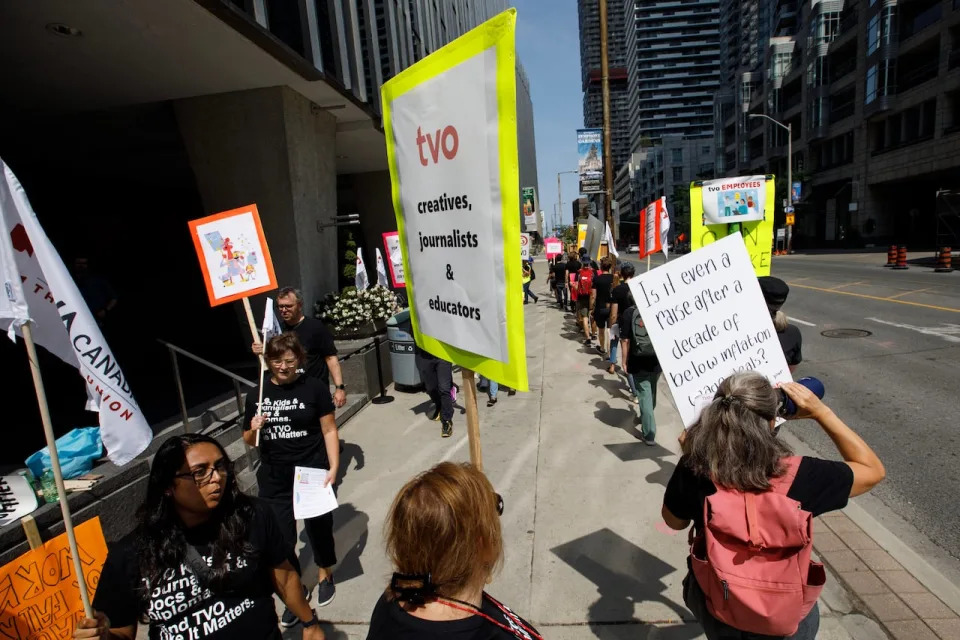
Unionized journalists and educators picket outside TVO headquarters in Toronto. The 74 workers represented by the Canadian Media Guild have been on strike against Ontario's public broadcaster and educational channel since Aug. 21 (Alex Lupul/CBC - image credit)
The ongoing strike at Ontario's public broadcaster TVO involves just 74 employees, but the fate of their contract talks could have implications both for Premier Doug Ford's government and among the 1.2 million people in the province's public sector workforce.
The unionized journalists and educators represented by the Canadian Media Guild (CMG) have been on strike since Aug. 21, and recently rejected the below-inflation wage increases in what TVO management called its final offer.
With inflation running high, unions across Canada are looking for contract settlements that at least keep pace with the rising cost of living. That desire is particularly acute among Ontario's public sector, whose wage hikes were capped at one per cent annually for three years under the Ford government's Bill 124.
That legislation "worsened the cost-of-living crisis by holding down workers wages," said Patty Coates, president of the Ontario Federation of Labour.
"So we're seeing workers saying enough is enough. They're fed up and they're fighting to even just keep afloat," Coates said in an interview.
This negotiating context means the TVO labour dispute has high stakes that go beyond the broadcaster and its unionized staff.

Ontario Premier Doug Ford goes over his briefing notes with Transport Minister Caroline Mulroney as the legislature resumes at Queen's Park in Toronto on Tuesday, Feb.21, 2023.
In question period this week, Treasury Board President Caroline Mulroney said she encourages the two sides to reach a deal that protects the quality of public services while respecting the taxpayers. (Frank Gunn/The Canadian Press)
Brian Lewis, former chief economist in the Ontario Public Service, says contract deals in one part of the public sector have the potential to influence bargaining outcomes elsewhere.
"Precedents can be set and established when you're bargaining with one union," said Lewis, now a senior fellow with the Munk School for Global Affairs and Public Policy.
He says both management and unions often point to recent contract agreements in the sector to support their case for what a fair deal would be, especially on wages. That means there's plenty of attention from the provincial government on the pay increases that are offered to TVO's unionized staff.
"I think it's something, given the government is such a big employer with so many bargaining agents, that might concern them about the precedent that is set for much larger (unions)," Lewis said in an interview.
Both sides say wages key outstanding issue
He foresees many more unionized public sector workers aiming to catch up on wages that have been both constrained under Bill 124 and eroded by inflation.
"The government will want to try to protect the financial bottom line," said Lewis. "The implications are very tough collective bargaining."

Steve Paikin, host of TVO's The Agenda, on the picket line in September with other unionized TVO journalists and educators. The union members rejected TVO management's latest wage offer in early October, and union leadership said it's because the offer is below inflation.
Steve Paikin, host of TVO's The Agenda, on the picket line in September with other unionized TVO journalists and educators. The union members rejected TVO management's latest wage offer in early October, and union leadership said it's because the offer is below inflation. (Michael Wilson/CBC)
The Ford government budgeted $49 million this year for TVO's annual operating grant, its primary source of funding. TVO's mandate comes from Ontario's Ministry of Education and its board reports to Education Minister Stephen Lecce.
A sign that the Ford government is tuned into the potential financial implications of the contract talks: when the opposition NDP asked Lecce in question period if he will "direct TVO management to make a fair bargain with CMG workers," the cabinet minister responsible for the treasury answered.
"We encourage the two parties to continue working to find a resolution that supports the goal of protecting the sustainability and high quality of Ontario's public services while respecting the taxpayers who pay for them," said Treasury Board President Caroline Mulroney.
Both sides in the strike say wages are the key outstanding issue.TVO's final offer to the union included annual increases of three per cent, 2.75 per cent and 1.75 per cent, starting from to the expiration of the previous contract in 2022.
The union is seeking annual increases of 4.75 per cent, 4.25 per cent and four per cent, plus a $2,500 payment for all staff whose wages were capped under Bill 124.
'We do have conversations with government': TVO
Lewis's assessment as an economist: the union's wage proposal is "close in line" with recorded and projected inflation for the three-year time period, while management's offer is "well below."

Mask-wearing protesters rally on Nov. 12, 2021, outside the office of Nepean MPP Lisa MacLeod, demanding the Ontario government repeal of Bill 124, legislation from 2019 which caps annual salary increases for many public sector employees at an average of one per cent annually for three years.
The Ford government's Bill 124, which capped public sector wage increases at one per cent annually for three years, drew protests including this one by nurses in 2021, outside the offices of Nepean MPP Lisa MacLeod. (Francis Ferland/CBC)
"We believe that the offer that we put forward actually is a very fair one," said Mitch Patten, TVO's vice president of corporate and community affairs, in a phone interview.
The unionized TVO workers represented by CMG contend that the wage increases offered are not fair. (CMG also represents 4,500 programming and production staff at CBC/Radio-Canada, including CBC News journalists.)
"We've had our wages decrease in real terms over the last decade," said Meredith Martin, the union's branch president and a producer on TVO's flagship show The Agenda with Steve Paikin.
"We're not even asking for an inflationary increase in the first year, we're saying 4.75 per cent, which is well below inflation for 2022, is a reasonable place to start," Martin said during a news conference at Queen's Park this week.
Asked what role the Ford government is playing in the negotiations, Martin said it's unclear.
"But I will say the buck always stops with the premier of the province," she said. "The CEO of TVO is a government appointee and the head of the board of directors is a government appointee and they're making decisions, as far as I can say, in consultation with the government."

Commissioner Jeffrey Orridge and the CFL "parted ways" on Wednesday, according to a news release from the league. The former executive director of CBC Sports was named the 13th CFL commissioner in March 2015.
The Ford government appointed Jeffrey Orridge as TVO's chief executive in 2020. 'Although TVO has tabled its best and final monetary offer, should CMG have a non-monetary proposal regarding any issue that it feels will help us resolve this strike, TVO is ready to meet and discuss,' Orridge said in a statement on Oct. 1 (Ryan Remiorz/Canadian Press/File)
"Like any public agency, we do have conversations with government about our labour negotiations," said Patten, the TVO vice president.
"I'm really not prepared to get into the details of those conversations, but I can say that the overall message has been that they are looking to us to negotiate an agreement that is both fair to the workers and respectful of the of the taxpayer dollars we manage."
Union wants binding arbitration
The strike has meant no new episodes of The Agenda, and no new content from TVO journalists on its news and current affairs website. It also means the unionized educators who create curriculum materials for the TVO Learn website are not at work.
The union is asking the government to step in and send the dispute to binding arbitration.
A series of arbitration rulings in the wake of Bill 124 have awarded larger settlements to Ontario public sector unions. A Superior Court of Justice ruling found the wage cap bill unconstitutional, but the Ford government has appealed.
Last month, the 60,000-member Ontario Secondary School Teachers' Federation agreed to a process that would see any outstanding contract issues resolved by binding arbitration, without a strike.
Meanwhile the 83,000-member Elementary Teachers; Federation of Ontario is holding strike votes across the province until Oct. 17.
